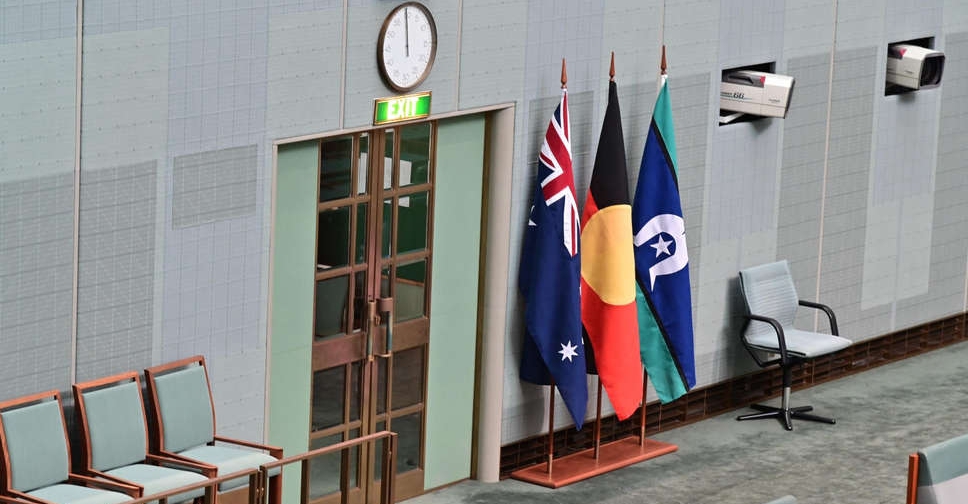
Thousands rallied in Australia on Sunday to back a campaign to recognise the country's Indigenous people in the constitution ahead of a referendum later this year, after a recent dip in support for the change.
The referendum, likely to be held between October and December, seeks to amend the constitution and establish an advisory body, called the Indigenous Voice to Parliament, to give Aboriginal and Torres Strait Islander people a direct say in policies that impact them.
Prime Minister Anthony Albanese's centre-left Labour government backs the change, while the opposition Liberal-National conservatives urge a "No" vote.
On Sunday, an Australian Council of Social Service tweet showed Sydney rally attendees in T-shirts with the words "Vote Yes" and caps with the words "The Uluru Statement", referring to a key document that calls for an Indigenous Voice.
One rallygoer, Jason Howard, said the event was "a great opportunity for all Australians to get behind something that’s going to make this country better".
Another attendee, Isabelle Smith, said in her opinion the referendum was the most important issue in Australia.
"It’ll bring Australians together and I think voting 'Yes' is the most important thing that people can do," she said.
Yes23, the group behind more than 25 rallies nationwide, said the crowd in Sydney was around 3,000 and that it expected up to 25,000 people to participate in total.
The day of action comes after support for the referendum appeared to be ebbing, according to a poll last month, which showed "No" ahead for the first time, 51 per cent to 49 per cent.
Opponents, including some Indigenous people, have said the proposal lacks detail and will divide Australians.
"We do not really focus on the polls. What we focus on is the work that is involved in getting out and talking to people, Yes23 director Rachel Perkins told ABC television on Sunday.
Indigenous Australians, who account for 3.8 per cent of the population, face disadvantages including discrimination, poor health and education outcomes and high incarceration rates.

 UK inquiry finds 'chilling' cover-up of infected blood scandal
UK inquiry finds 'chilling' cover-up of infected blood scandal
 Iranian President Raisi killed in helicopter accident, state media says
Iranian President Raisi killed in helicopter accident, state media says
 ICC prosecutor seeks arrest warrants for Israeli, Hamas leaders
ICC prosecutor seeks arrest warrants for Israeli, Hamas leaders
 Assange given permission to appeal against US extradition
Assange given permission to appeal against US extradition
 Israel intends to broaden Rafah sweep, Defence Minister tells US
Israel intends to broaden Rafah sweep, Defence Minister tells US




